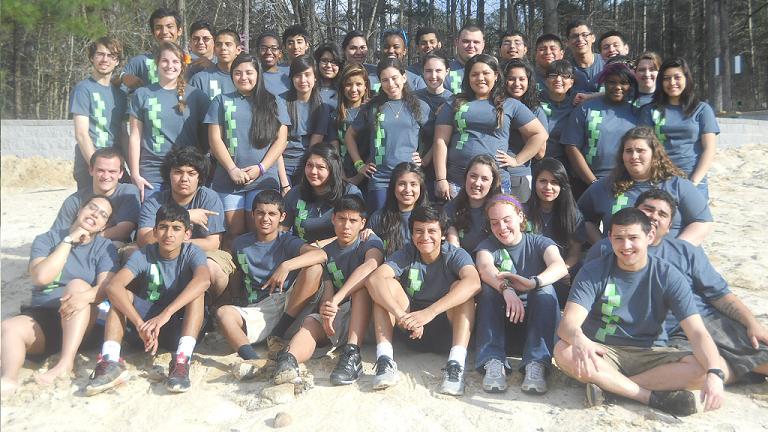September 18, 2011 ~ Liturgical Year A, Cycle I ~ Twenty-Fifth Sunday of Ordinary Time
First Reading: Isaiah 55:6-9
Responsorial Psalm: Psalm 145:2-3, 8-9, 17-18
Second Reading: Philippians 1: 20c-24, 27a
Gospel: Matthew 20:1-16a
These readings can be viewed at http://www.usccb.org/bible/readings/091811.cfm.
Reflection Questions
1. It seems that, in this passage, God is apparently in favor of being unfair to people. (The landowner didn’t want to pay the early workers more than the late workers.) How can the landowner justify paying these people the same wage and still be called ‘fair’?
2. Have you ever caught yourself complaining to God the same way the early workers complained in Jesus’ parable? Describe.
3. How would you respond to a person who says, “I’m going to keep sinning because I know God will forgive me in the Sacrament of Confession, even though I know it is wrong”? Describe.
Gospel Reflection
Think of the worst job you ever had: Ever felt like you weren’t getting paid what you’re worth? Ever been in a situation where someone lower than you on the work ladder got paid more than you? Those are pretty tough situations to have to accept. Guess what? That’s how God will treat His employees, too. This doesn’t mean that God is a God of injustice, or that He is not in favor of us getting a just wage, but He sees into the heart and can make judgments we cannot make. This Sunday’s Gospel passage deals with our heavenly reward, and the attitude we should take towards it. Jesus uses the analogy of the landowner (God the Father) and his hired hands (us). The landowner begins his day by looking for people to hire, and continues to look for workers throughout the day. He hires people at dawn, nine AM, noon, three PM, and finally at five PM, one last time before quitting time. The day, and the different times of this day, represents our lives and the stages we go through. Some people respond to God early in their lives; others wait until their lives are almost over. We also see that the landowner doesn’t do the work himself – he gets others to help him. These workers freely enter an agreement with the landlord. Like the workers, we enter into a relationship with Jesus, and the promise He makes to us is eternal life. At the end of the workday, the foreman (the angels) are given the task of paying the employees. As they are getting paid, the early workers complain that they are given the same wage as the latecomers (how come the slackers are getting what I did?) What Jesus is trying to say to us is that heaven is open to anyone who is still alive: Their faith can get them a great place there, even if they are on their deathbed and have lived a sinful life. Those of us who have been holy our entire lives should not be upset when the converted sinner gets the same heavenly rewards as us. The sinner who finally converts will have more joy than the rest because they have been in the depths of sin. This joy often leads them to great holiness, surpassing those who have been coasting along their entire lives. Should we, who are trying to be faithful, start sinning and just repent on our deathbed? Of course not! We have no guarantee that we won’t die unexpectantly. Because we know the truth, we will be held more accountable than those who do not. Let us make sure that heaven is the most important thing we desire – more important than pleasing our friends, having a good hair day, or going on the right vacation. Be so focused on heaven that you are happy with what God gives you, while not comparing yourself with anyone else (as if our complaining to God will make any difference!)

No comments:
Post a Comment